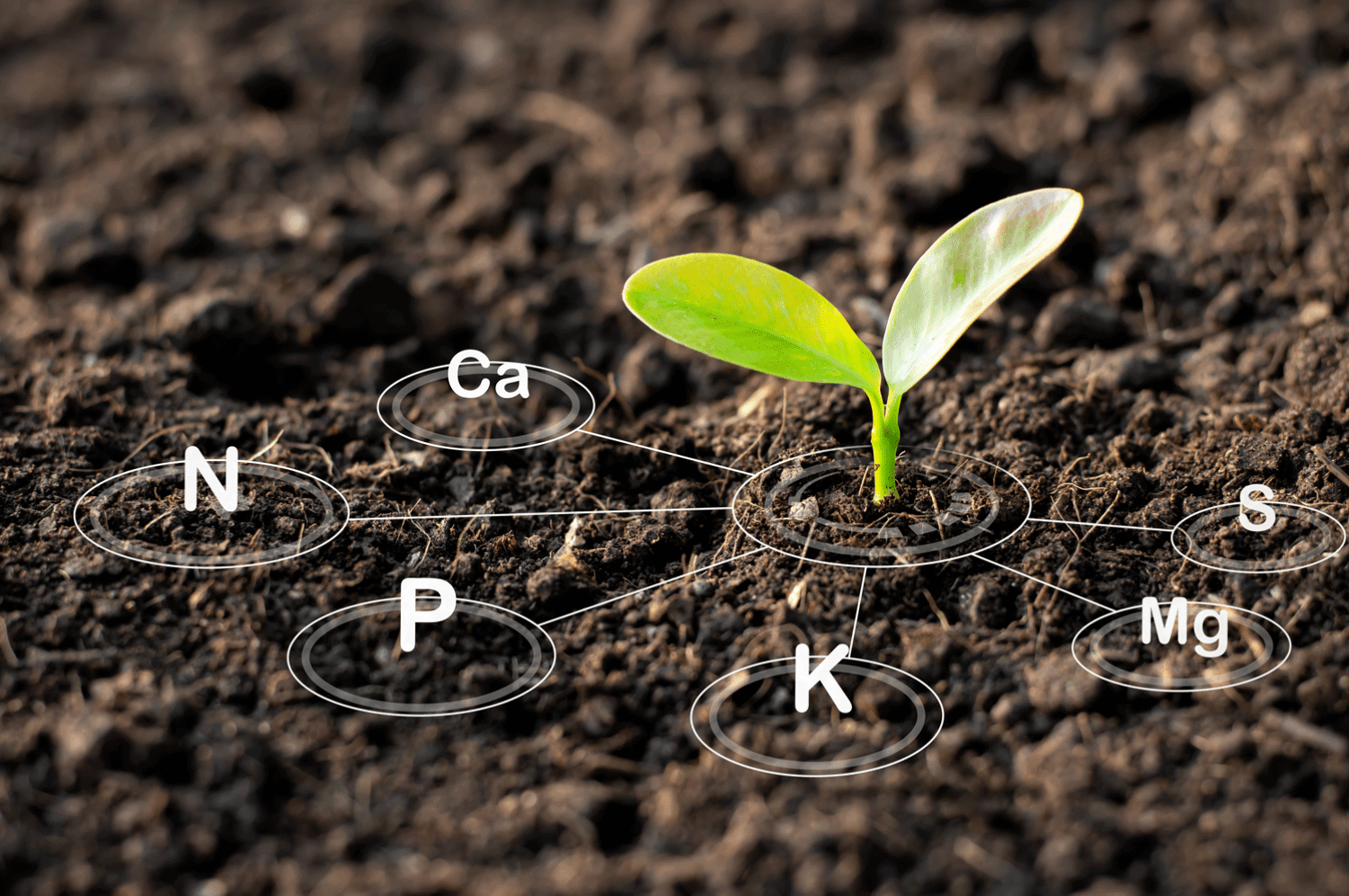Soil Health Management For Sustainable Crop Production
Soil Nutrients and Field Health: What You Need to Know
A healthy and productive field starts with well-nourished soil. Soil nutrients play a crucial role in determining the vitality and growth of crops. Understanding the importance of soil nutrients and how to maintain them is essential for every farmer or gardener. In this article, we will explore the significance of soil nutrients, share ideas for optimizing soil health, provide recommendations for improving nutrient levels, present a listicle of important practices, answer common questions, and summarize the key takeaways.

But first, let's discuss what soil nutrients actually are. Soil nutrients are essential elements and compounds present in the soil that are essential for plant growth and development. These nutrients are absorbed by plants through their roots and are crucial for various physiological processes, including photosynthesis, root development, and overall plant health. There are three primary nutrients that are commonly referred to as macronutrients: nitrogen (N), phosphorus (P), and potassium (K). Additionally, there are several secondary and micronutrients that are equally important for optimal plant growth.
Ideas For Optimizing Soil Health
Now that we understand the significance of soil nutrients, let's explore some ideas for optimizing soil health:
- Regular Soil Testing: Conduct regular soil tests to determine the nutrient levels and pH of your soil. This will help you identify any deficiencies or imbalances that need to be addressed.
- Proper Nutrient Management: Based on the soil test results, develop a nutrient management plan. This plan should ensure that the right amount of nutrients is applied at the right time to meet the crop's requirements.
- Crop Rotation: Implement crop rotation practices to manage soil nutrients effectively. Different crops have different nutrient requirements, and rotating crops can help prevent nutrient depletion and reduce the risk of pests and diseases.
- Cover Cropping: Planting cover crops during fallow periods can help improve soil health by adding organic matter, reducing erosion, and enhancing nutrient availability.
- Composting: Creating compost from organic waste is an excellent way to enrich the soil with organic matter and essential nutrients. Incorporating compost into the soil improves its structure, water retention, and nutrient-holding capacity.
- Conservation Tillage: Adopting conservation tillage techniques, such as no-till or reduced tillage, helps promote soil health. These practices minimize soil erosion, preserve soil structure, and maintain nutrient levels.
- Use Organic Fertilizers: Organic fertilizers are derived from natural sources and release nutrients slowly over time. They not only provide essential nutrients but also improve long-term soil health and sustainability.
- Proper Irrigation: Efficient irrigation practices ensure that water and nutrients are delivered directly to the root zone, minimizing losses and optimizing nutrient uptake.
- Integrated Pest Management: Implementing integrated pest management strategies reduces the reliance on synthetic pesticides and promotes a balanced ecosystem. This approach helps maintain soil health and protects beneficial organisms.
- Continuous Education: Stay updated with the latest research and advancements in soil management practices. Continuous learning will help you adopt new techniques and make informed decisions for maximizing soil health.
Recommendations For Improving Soil Nutrient Levels
Depending on the soil test results and nutrient deficiencies, here are some recommendations for improving soil nutrient levels:
- For Nitrogen (N) Deficiency: Apply nitrogen-rich fertilizers, such as urea or ammonium nitrate, as recommended. Organic sources like composted manure can also be beneficial.
- For Phosphorus (P) Deficiency: Incorporate phosphate-rich fertilizers, such as bone meal or rock phosphate, into the soil. Organic alternatives like fish bone meal can also be used.
- For Potassium (K) Deficiency: Apply potassium-rich fertilizers, such as potassium sulfate or potassium chloride, to replenish the nutrient levels. Wood ash is an organic source of potassium.
- For Other Micronutrient Deficiencies: Use micronutrient fertilizers or foliar sprays specifically formulated to address the particular nutrient deficiencies identified in the soil test.
Listicle of Important Practices
- Regular soil testing
- Proper nutrient management
- Crop rotation
- Cover cropping
- Composting
- Conservation tillage
- Use of organic fertilizers
- Proper irrigation
- Integrated pest management
- Continuous education
Question & Answer
- Q: How often should soil testing be done?
- A: Soil testing should be conducted at least once every three years or as advised by your local agricultural extension services.
- Q: Can excessive fertilizer use harm soil health?
- A: Yes, excessive fertilizer use can lead to nutrient imbalances, soil acidification, and environmental pollution. It is crucial to follow recommended application rates.
- Q: Why is organic matter important for soil health?
- A: Organic matter improves soil structure, water holding capacity, nutrient retention, and promotes beneficial microbial activity.
Summary of Key Takeaways
In summary, soil nutrients are vital for plant growth and overall field health. Optimizing soil health through regular soil testing, proper nutrient management, crop rotation, cover cropping, composting, conservation tillage, organic fertilizers, efficient irrigation, integrated pest management, and continuous education can enhance nutrient levels, prevent soil depletion, and promote sustainable agricultural practices. Remember to follow the specific recommendations for improving soil nutrient levels based on your soil test results. By prioritizing soil health and adopting these practices, you can maximize crop productivity and contribute to a healthier environment.
Post a Comment for "Soil Health Management For Sustainable Crop Production"